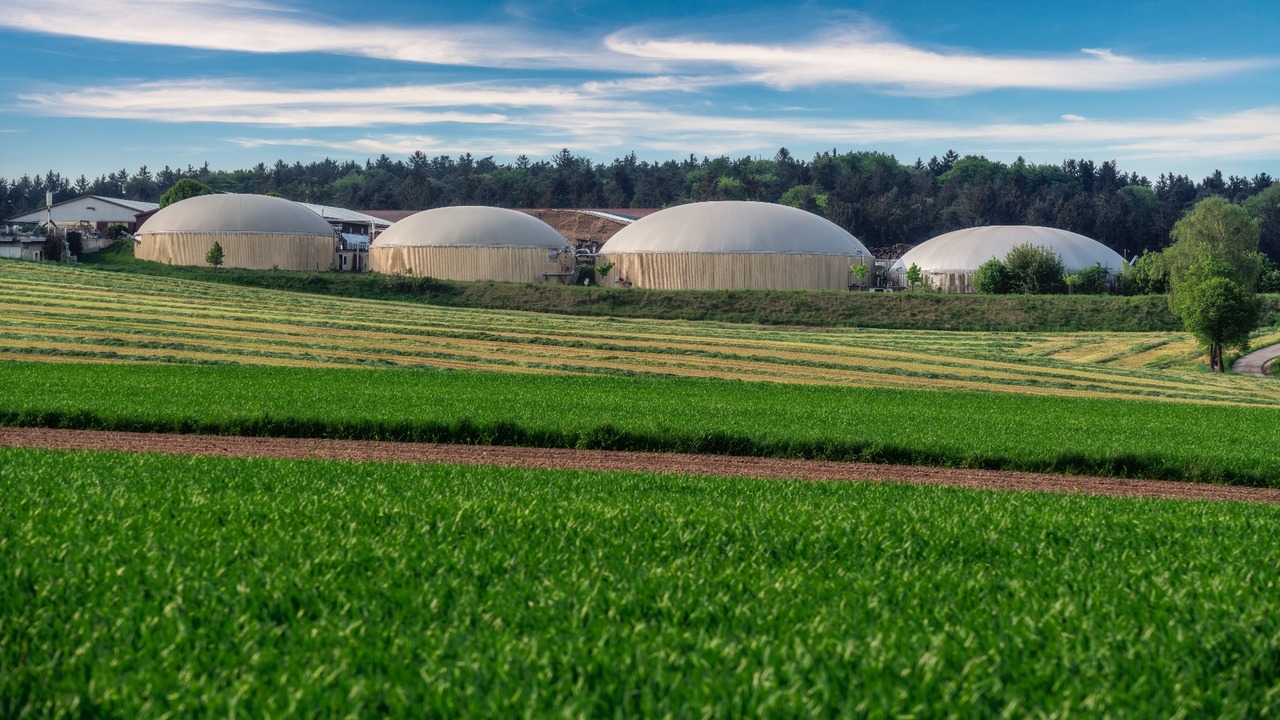Renewable gases have been gaining prominence in recent months in Spain, which is increasingly aware of the country’s enormous productive potential and its fundamental role in driving and accelerating the decarbonization of industries in sectors that are difficult to electrify.
According to data from MITECO (Spanish Ministry of Ecological Transition), ‘out of the 100% of energy consumed in Spain, only 23%-25% is electrical energy, with the rest being fossil fuels, both liquid and gaseous. If today we aim to decarbonize energy solely by betting on electrification, even if we were capable of producing 100% of the demand with renewable electricity, we would barely manage to decarbonize 25% of the total energy consumed’.
As FIE stated a few months ago, ‘non-electrical renewable energies are essential to achieving the decarbonization goals we have set as a country in the National Integrated Energy and Climate Plan (PNIEC)’.
According to the Euopean Commission’s study of potential, Spain ranks third for biogas developments, behind Germany and France, with a potential of 122 TWh that could be generated from organic waste.
Biogas is a renewable, sustainable, and manageable energy source. Its externalities are its great strength due to the environmental benefits of its production and use, reducing greenhouse gas emissions and preventing pollution from organic waste, stabilizing rural populations, providing green and affordable energy to industries and municipalities, and reinforcing the circular economy.
However, the biogas roadmap is still in an early stage of development in the country, with growth and development opportunities, provided that a framework of legal certainty is established to incentivize investments through a regulatory framework.

